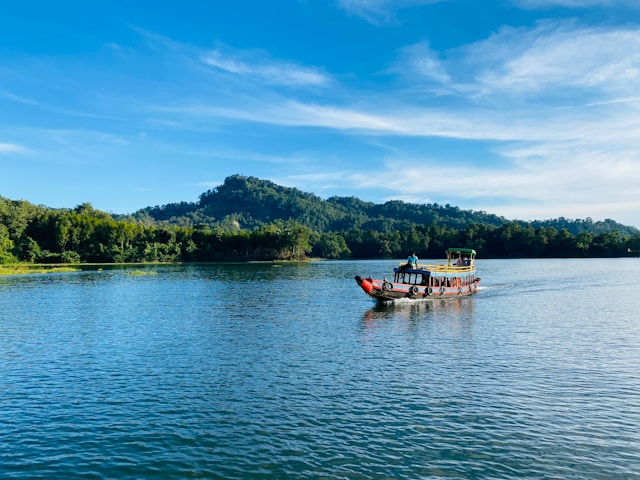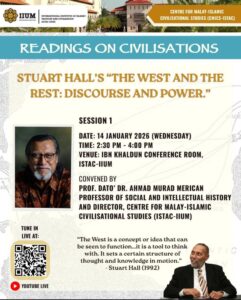Implementation of Halal Tourism in Managing Forbidden River as a Sustainable Tourist Attraction in the Development of the Bilebante Green Tourism Village, Pringgarata Sub-District, Central Lombok District

Author(s): Pahrul Azim, Akhmad Saufi, Lalu Edy Herman Mulyono
Institution: University of Mataram, Mataram, Indonesia
Category: Article, IJMMU, Environment, Halal, Sustainability
Topics: Halal Tourism, Sustainable Tourism, Innovative Tourism, Experiential Tourism
Abstract: This study aims to analyze the development of sustainable tourist at Halal in the Bilebante Tourism Village. This study uses a qualitative method with an autoethnography approach. The stages of the research include planning, information collection, data analysis, and reporting. This autoethnographic approach was chosen as the research design because it sees the position of the author who is a key actor in the development of the Bilebante Green Tourism Village. The results of this study are (1) potential assets such as natural beauty. Natural wealth. Cultural wealth and local human resources are essential in developing Experiential Halal Tourism. (2) Innovative tourism creations are the main driving force in building Experiential Halal Tourism. (3) Tourist consumption plays a central role in shaping Experiential Halal Tourism. Overall, the close linkage between destination potential assets, innovative tourism creations, and responsive tourist consumption forms a solid foundation for developing Experiential Halal Tourism. This approach not only supports local economic growth and cultural preservation but also promotes environmental sustainability and respect for local Halal values, making it a sustainable and inclusive tourism model at the global level.







